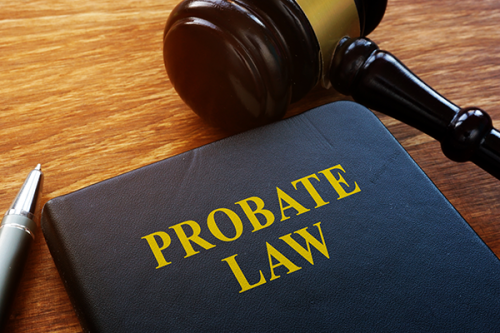Menu
Principal Office, Houston Texas Remote Services, Texas and Florida
(by appointment only)
713.568.8600
(by appointment only)
713.568.8600 | 904.425.9046


Whether you are the executor or an heir of the probate estate, knowing the lawyer’s role is one of the first steps you should take at the beginning of the probate process. One of the biggest sources of conflict in probating the estate is understanding the role of the lawyer hired by the executor of a probate estate. Many executors do not understand the probate process and leave the tasks up to the lawyer. The heirs of the estate depend on the information provided by the executor but might want to hear from the lawyer. They may hear the executor say, “This is what the lawyer says we have to do.” This often raises the question, does the lawyer owe a fiduciary duty to the heirs of the estate since the executor owes a fiduciary duty to the heirs?
The answer to that question depends on the state in which the estate is being probated. To be clear, this question is specifically about whether a lawyer owes the heirs of a probate estate a fiduciary duty, and not whether a lawyer owes a fiduciary duty in other contexts, such as to the beneficiaries of a trust when hired by a trustee, or a ward when hired by a guardian or conservator. The answer varies depending on each different circumstance. But the bottom line in both Texas and in Florida is that the attorney generally is the attorney for the executor, not for the heirs.
Although the attorney does not owe specific duties to the beneficiaries, the executor does. For example, some common duties of the executor that arise in probate activities are as follows:
Turning back to the question - whether the lawyer owes a fiduciary duty to the heirs of a probate estate – this is not the typical case in Texas or Florida. Although a few states require the lawyer to meet the same fiduciary duty to the estate heirs as the executor, Texas and Florida do not. Instead, these two states take the position that the lawyer does not owe a fiduciary duty to the estate heirs. These states view the fiduciary duty owed by the executor to the heirs as unique from the fiduciary duty owed by the lawyer to the executor. Also, these states want to maintain the executor’s ability to have protected communication with the attorney.
If you are the executor hiring the attorney, ask what the law is as you develop your attorney-client relationship in your probate matter. If you are an heir of the estate, look to your executor for guidance. If you believe you are not getting the information you should, then you should hire an attorney to represent your interests.
Everyone’s goal should be for the settling of the probate estate to go smoothly. Understanding the lawyer’s role will go a long way towards achieving that goal.
If you have questions or would like to discuss your personal situation, please don’t hesitate to reach out. Please contact McCreary Law Office or call the Jacksonville, FL office at 904-425-9046 or the Houston, TX office at 713-568-8600.
© 2025 McCreary Law Office, PLLC